Crack the Investment Banking Interview with FIC's 350 Interview Question Guide + 6 Slide Decks + Case Studies
- 59 Behavioral Fit
- 15 Market Knowledge Questions
- 53 Accounting Questions
- 46 Enterprise Value/Comparable Questions
- 49 Discounted Cash Flow Questions
- 59 Mergers and Acquisitions Questions
- 15 Leveraged Buyout Questions
- 26 Private Equity Questions
- 3 Hedge Funds, Corporate Banking, Risk Management Questions
- 4 Other Questions
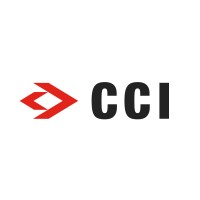
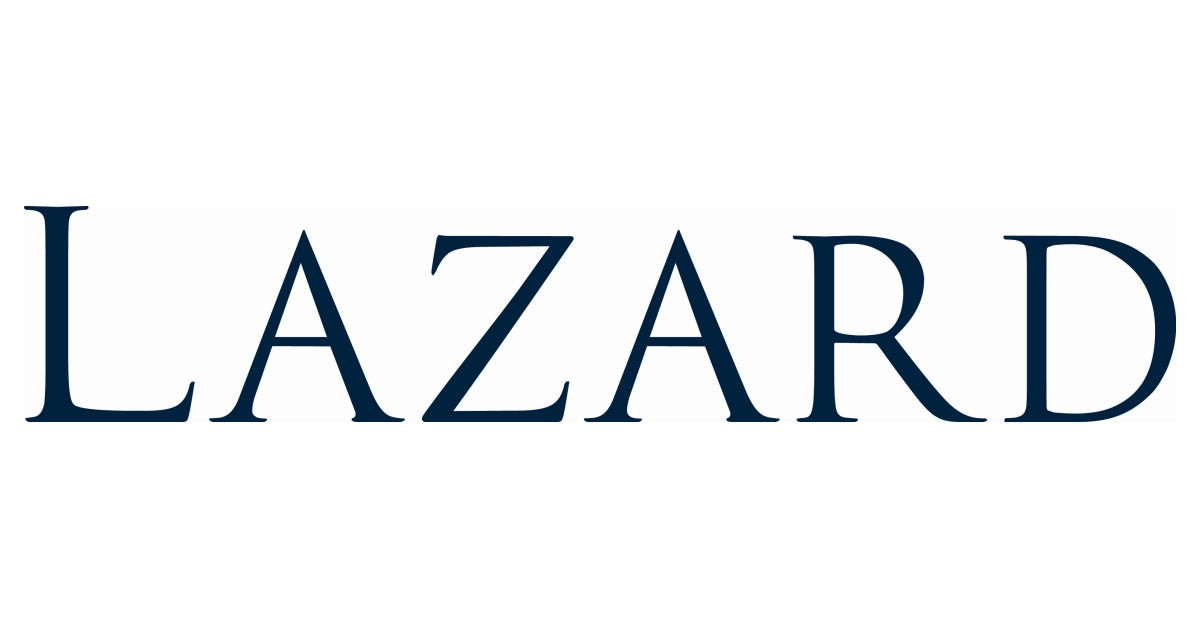
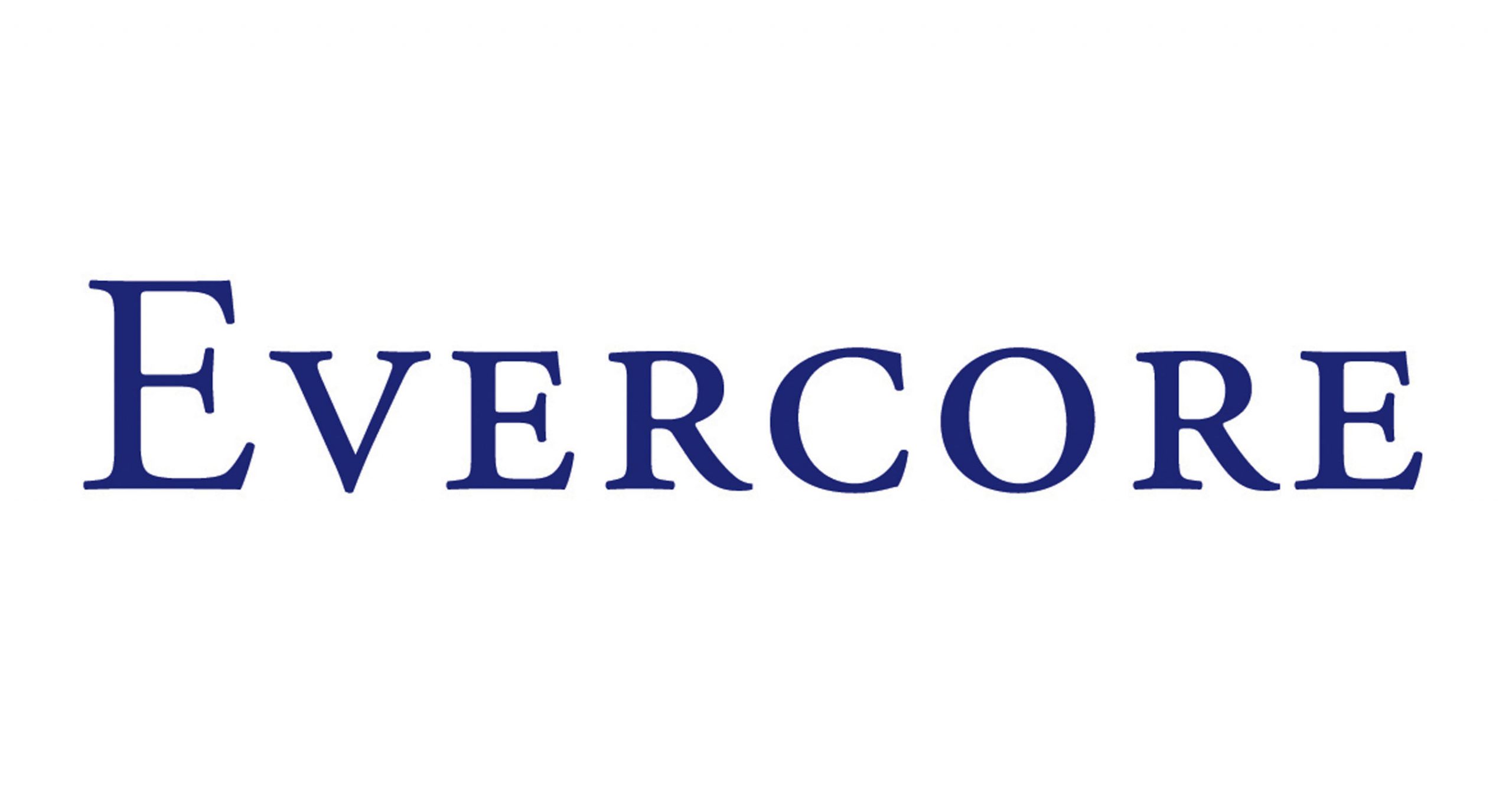
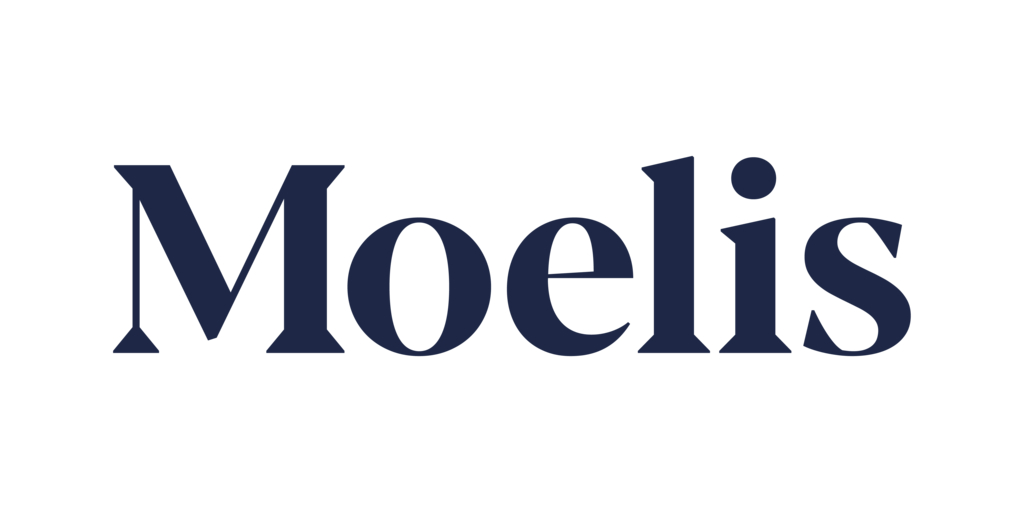
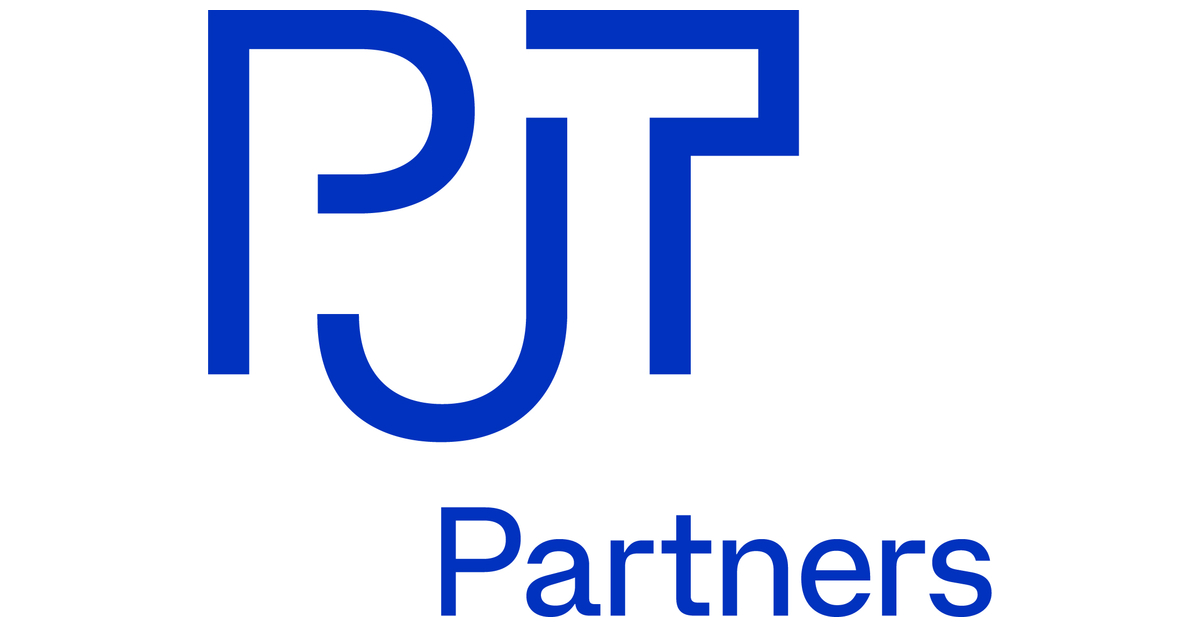
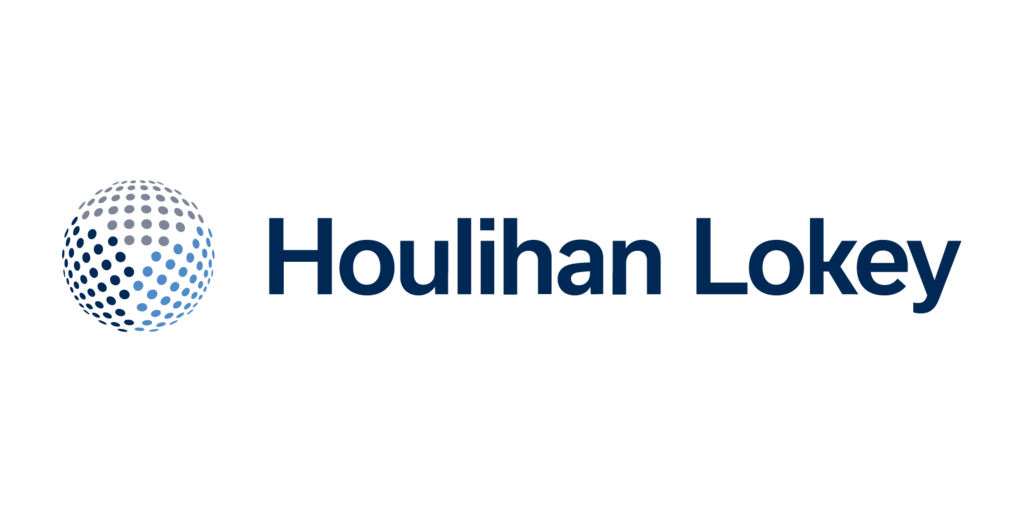
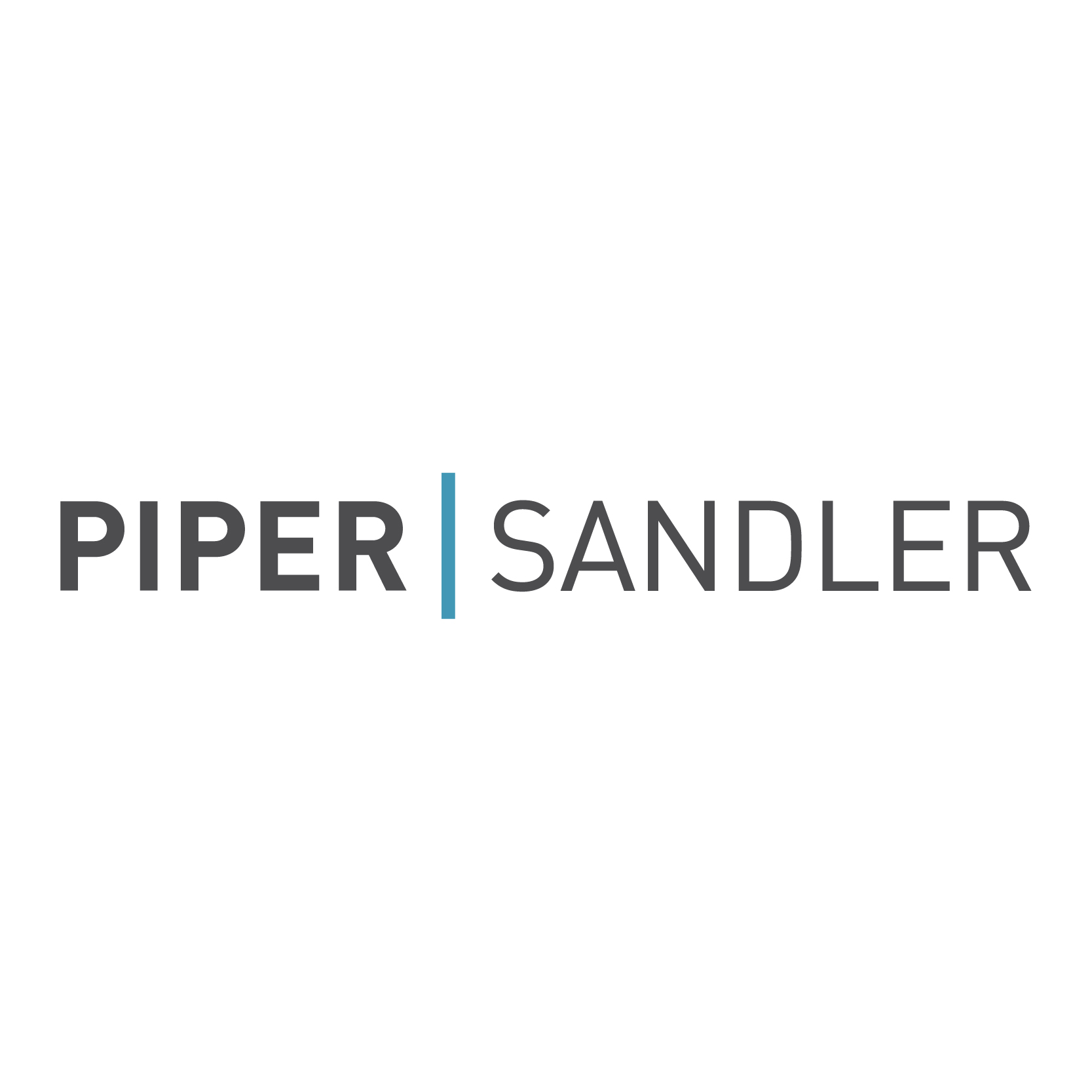
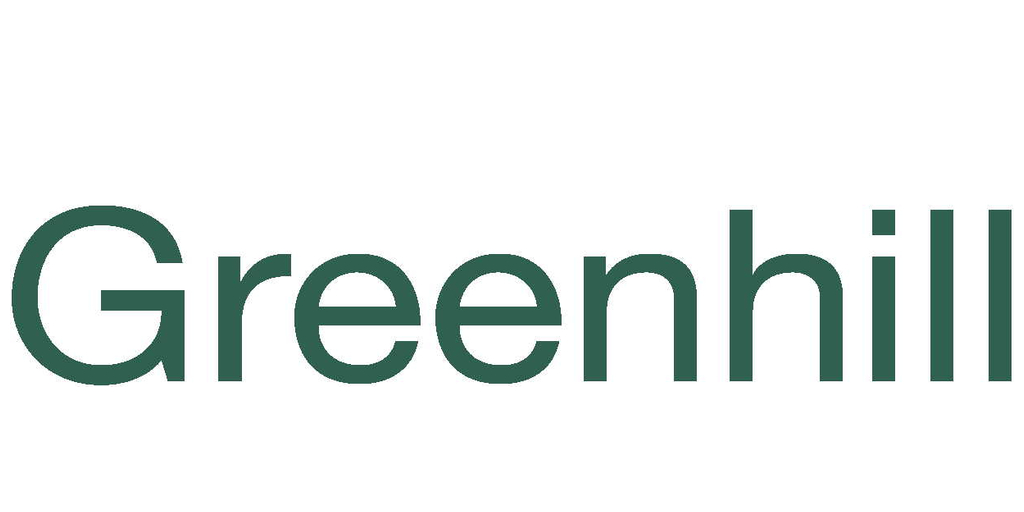





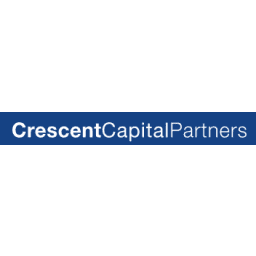

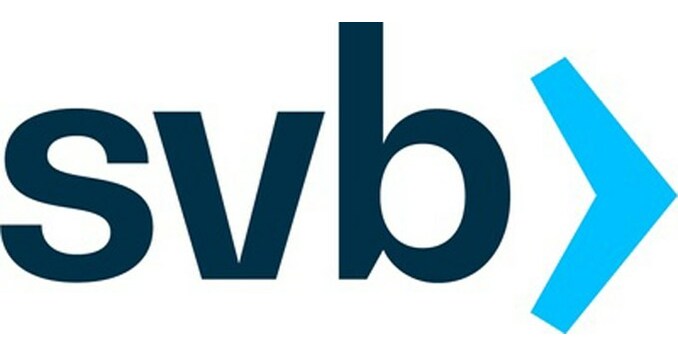

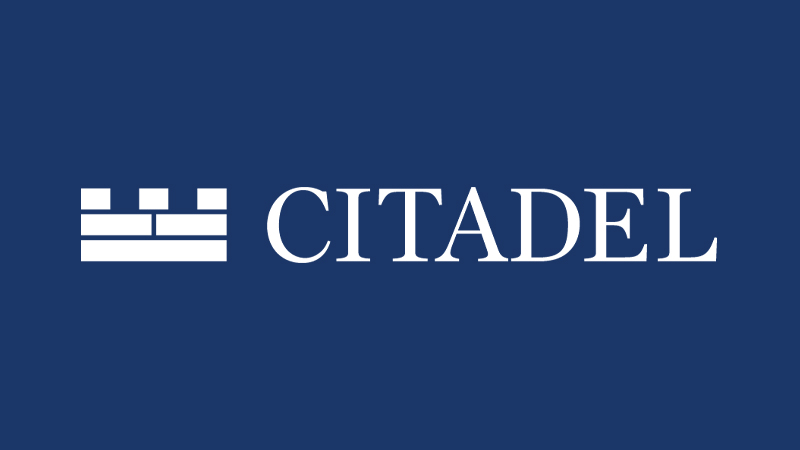



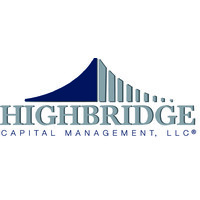
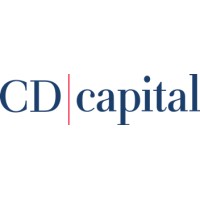


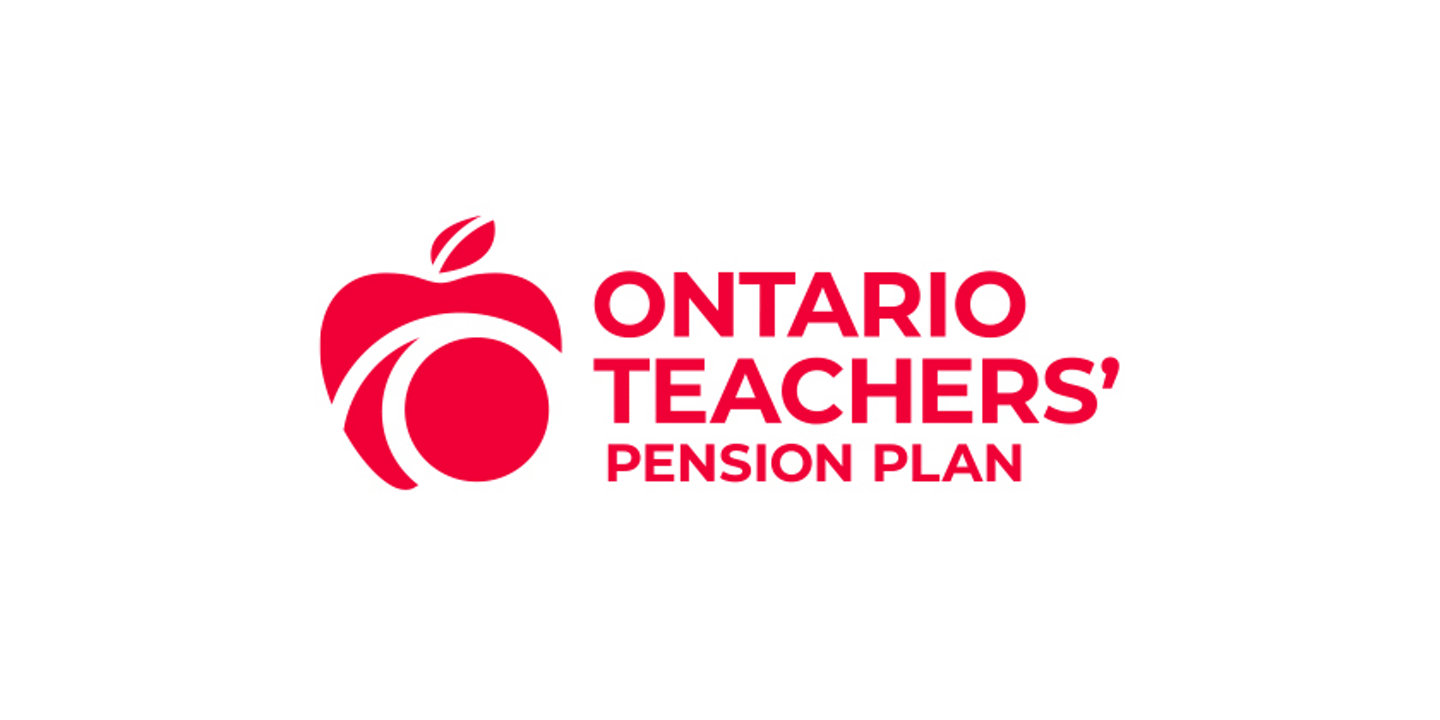
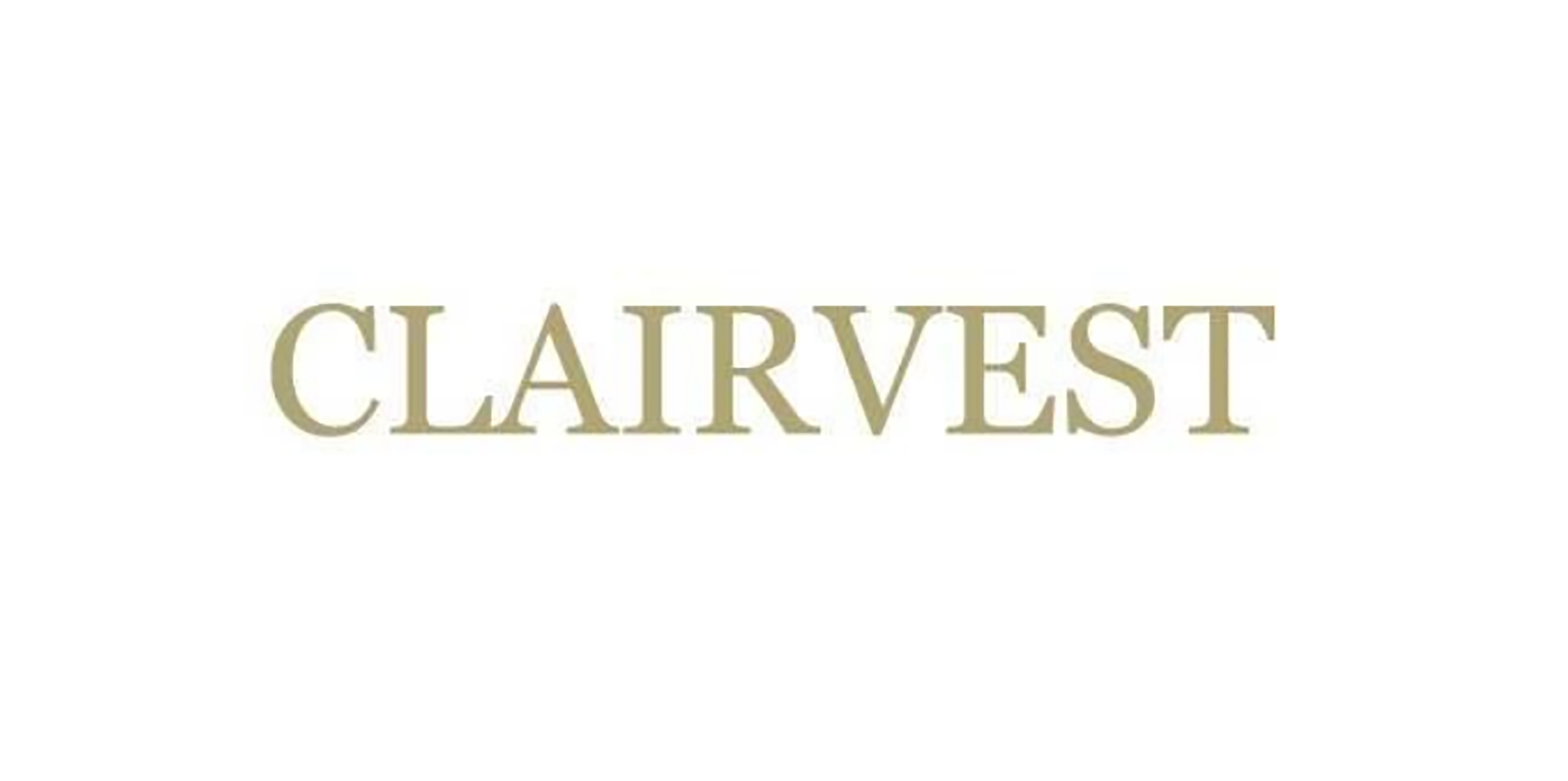
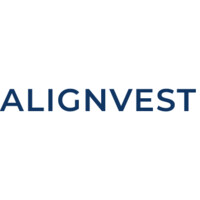
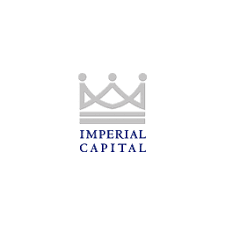
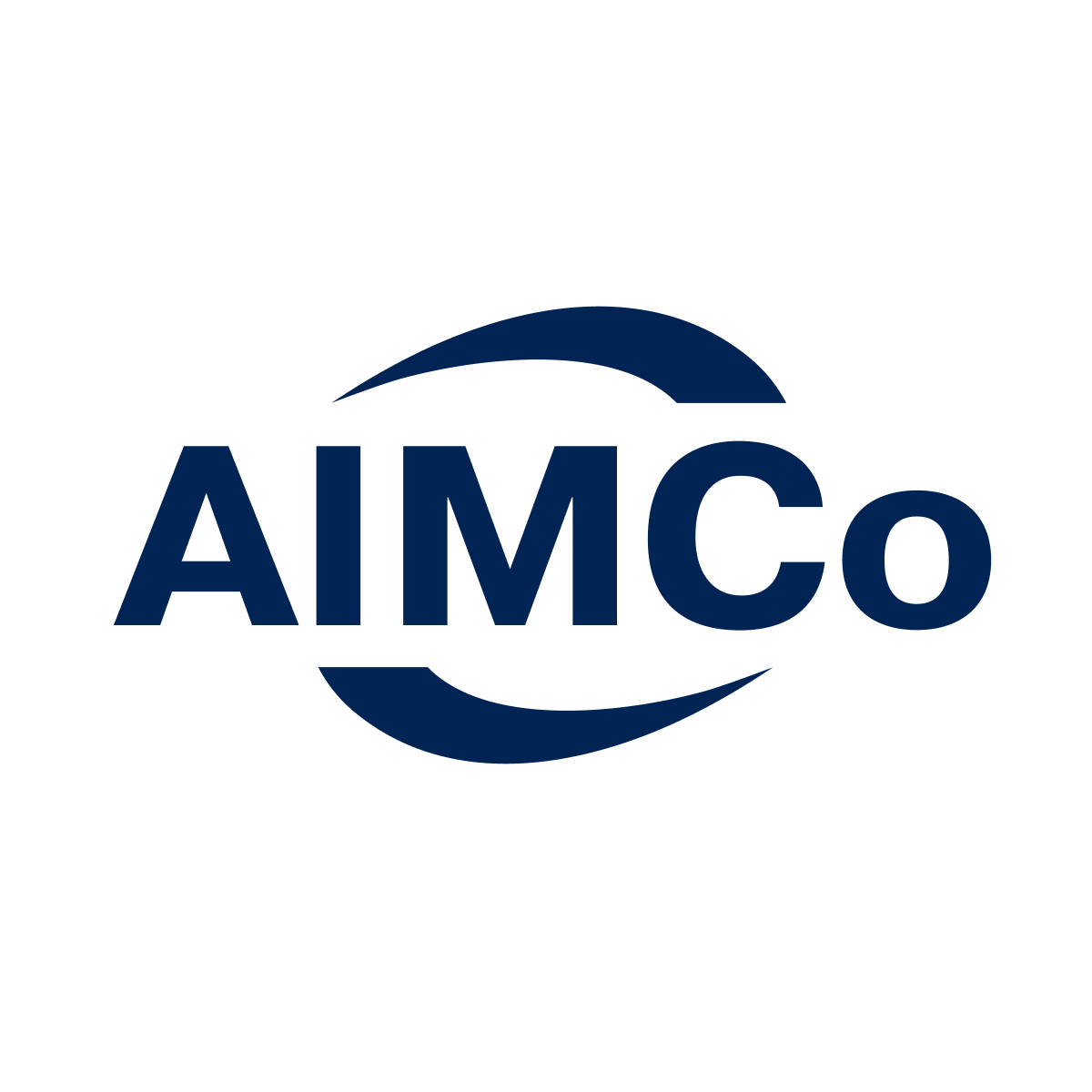
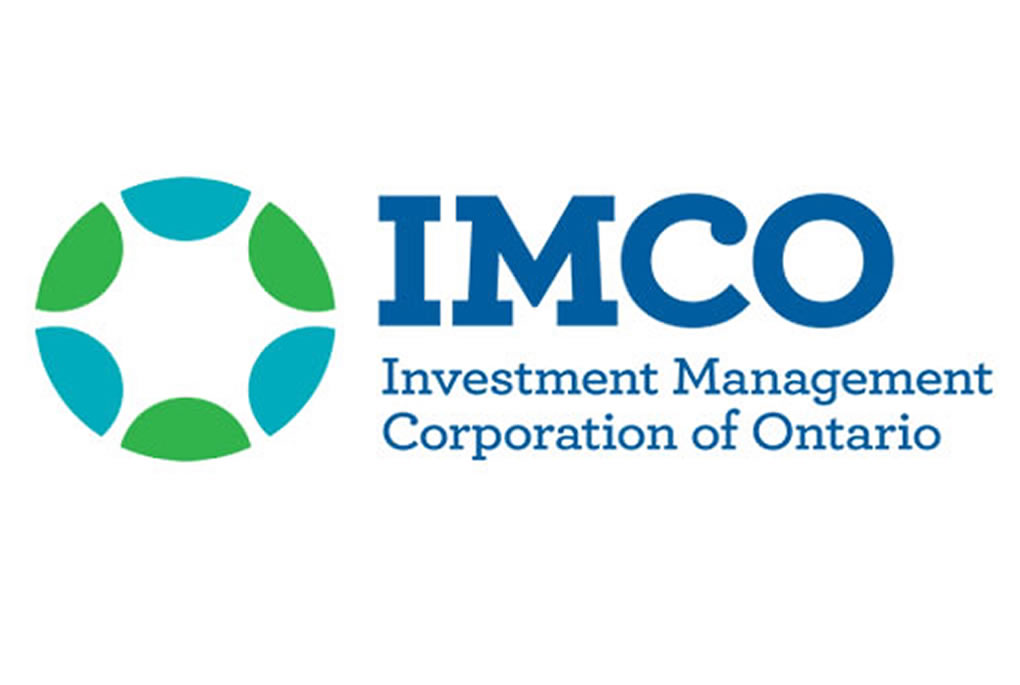
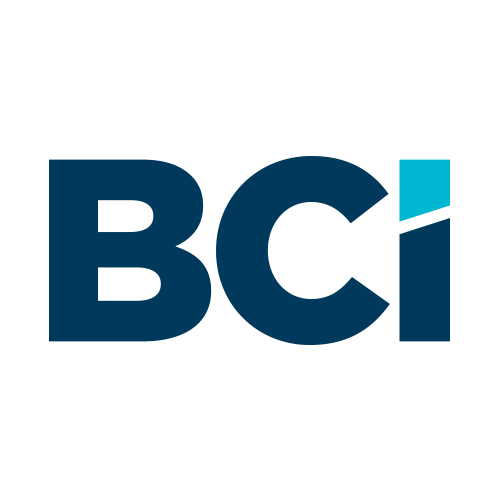
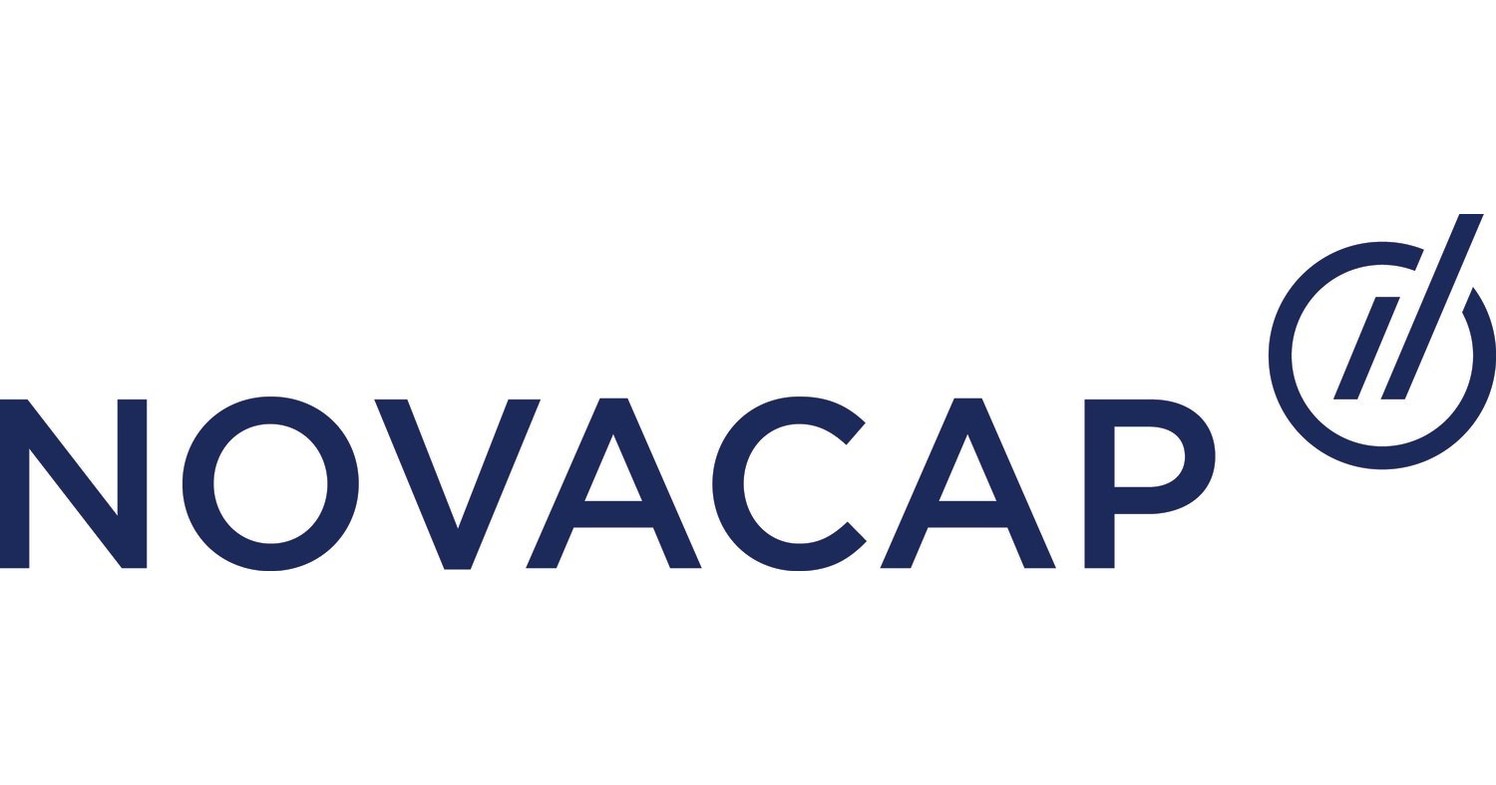
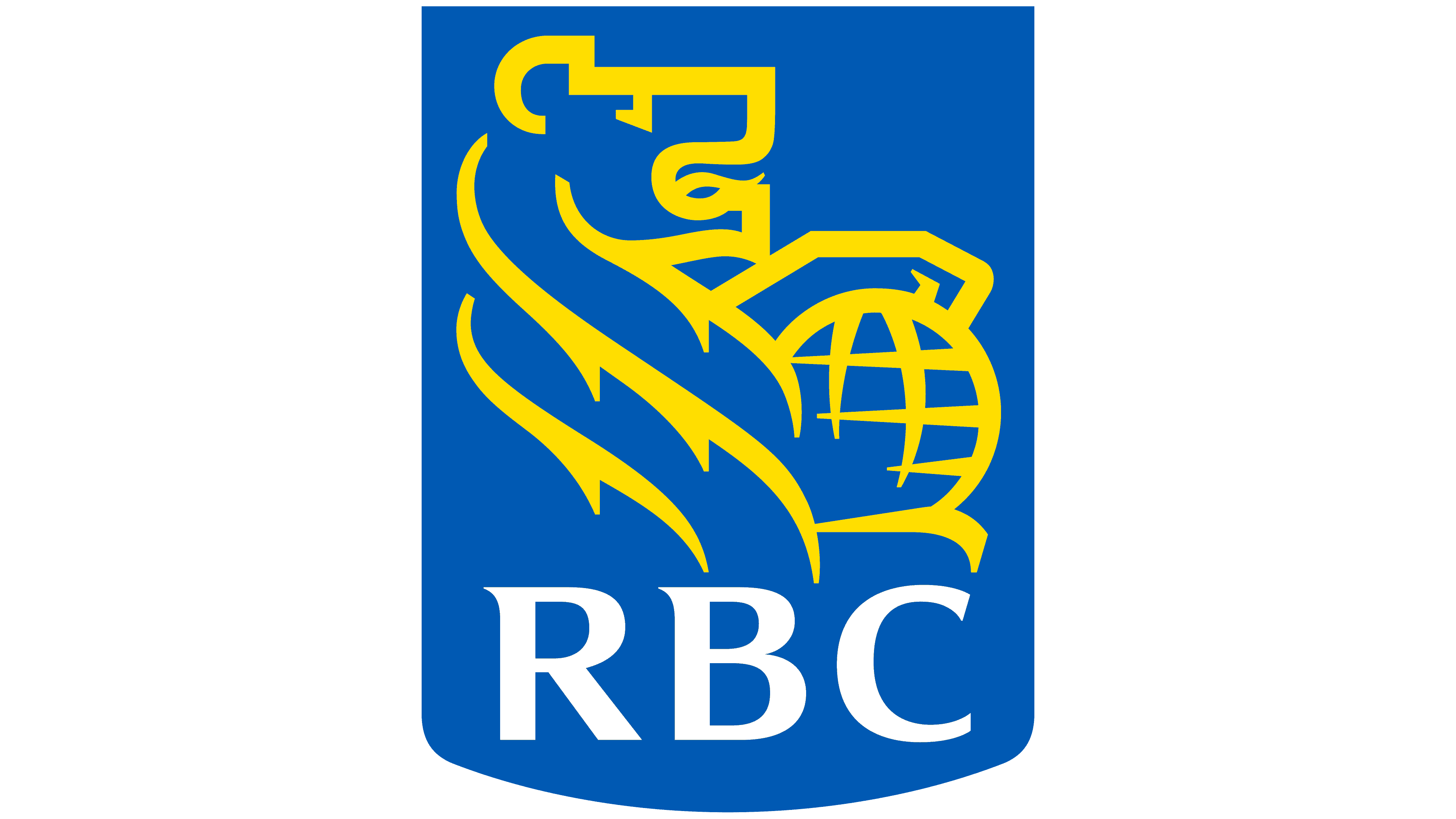
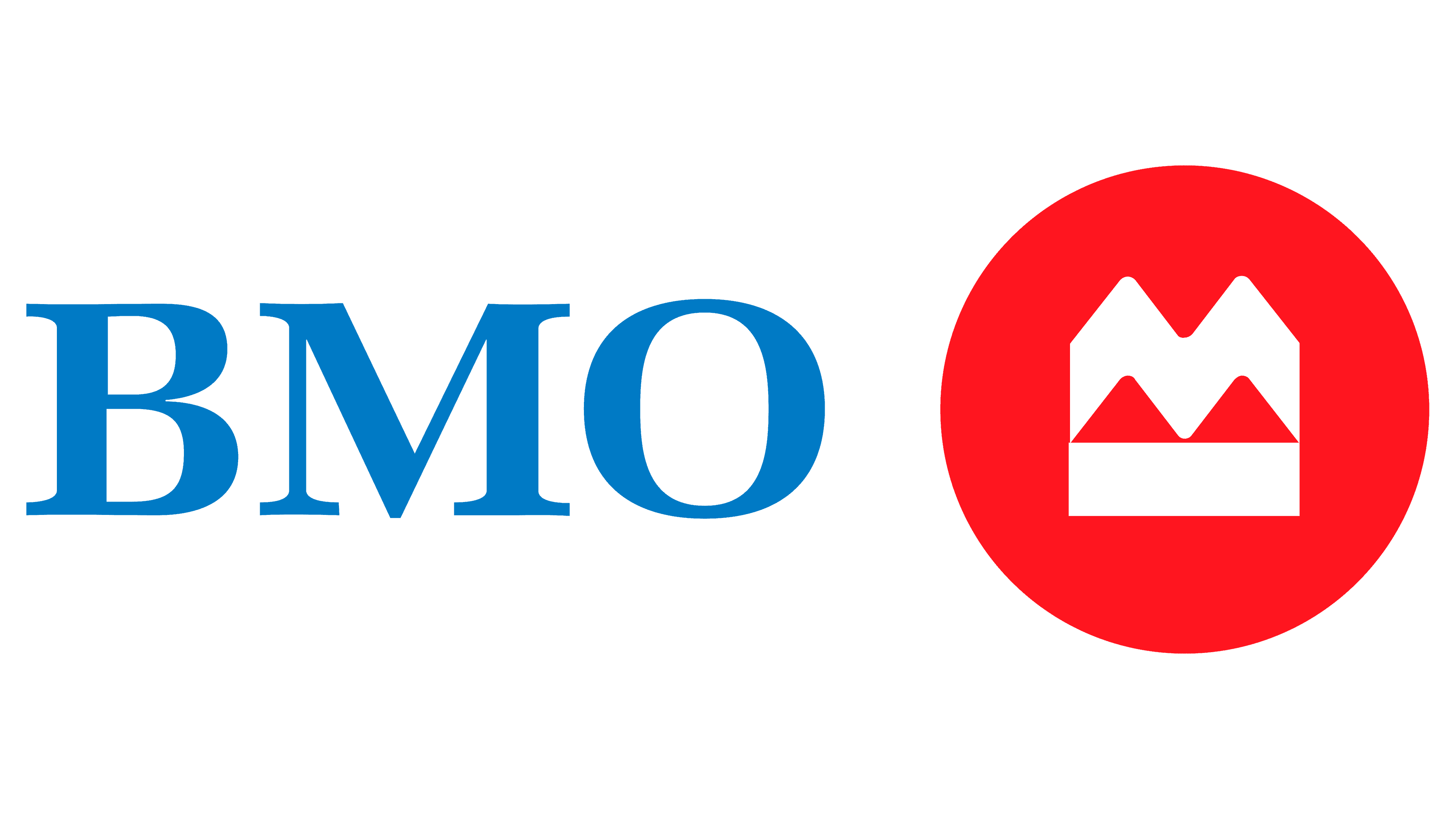


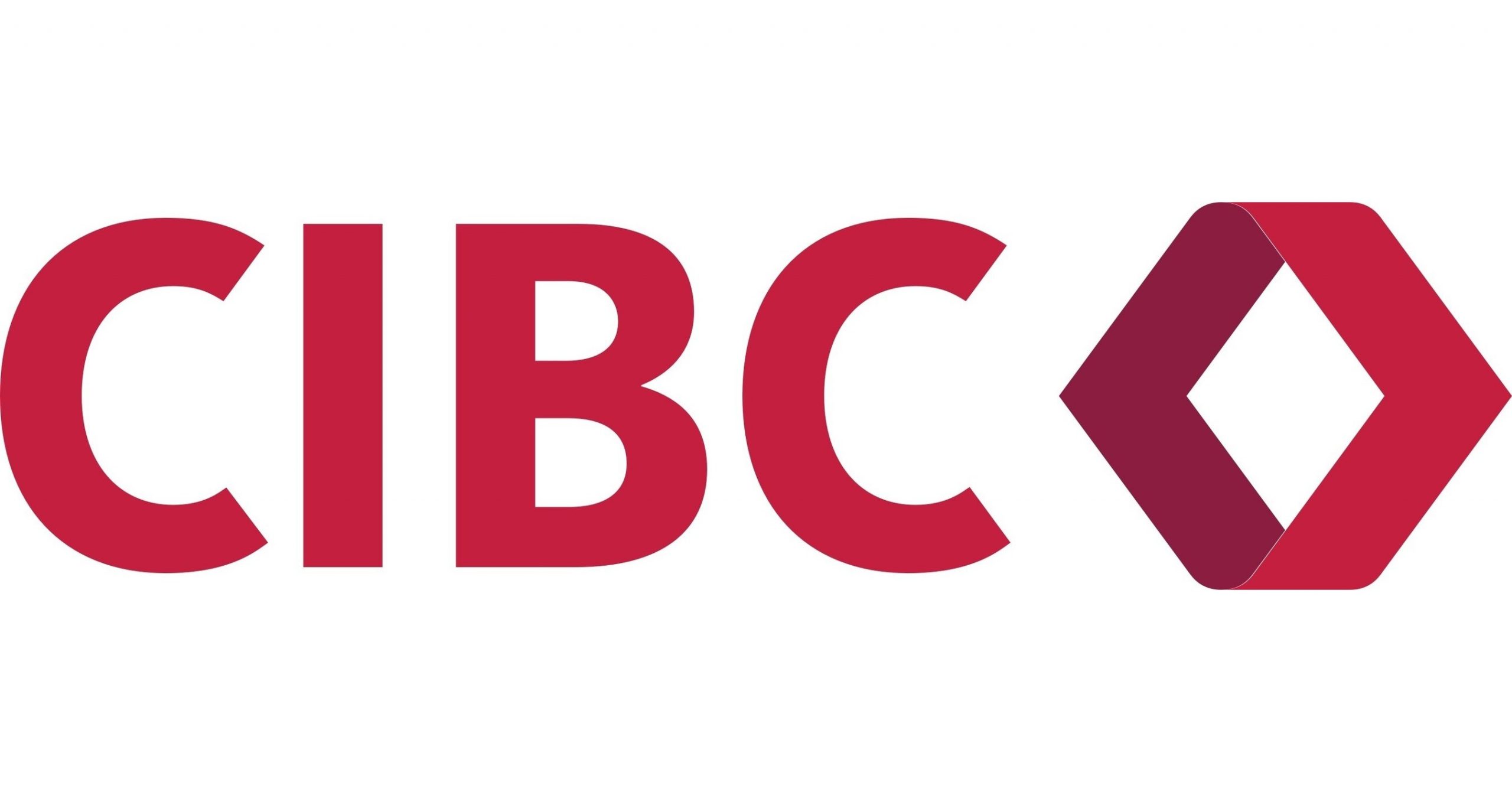
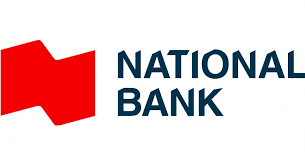
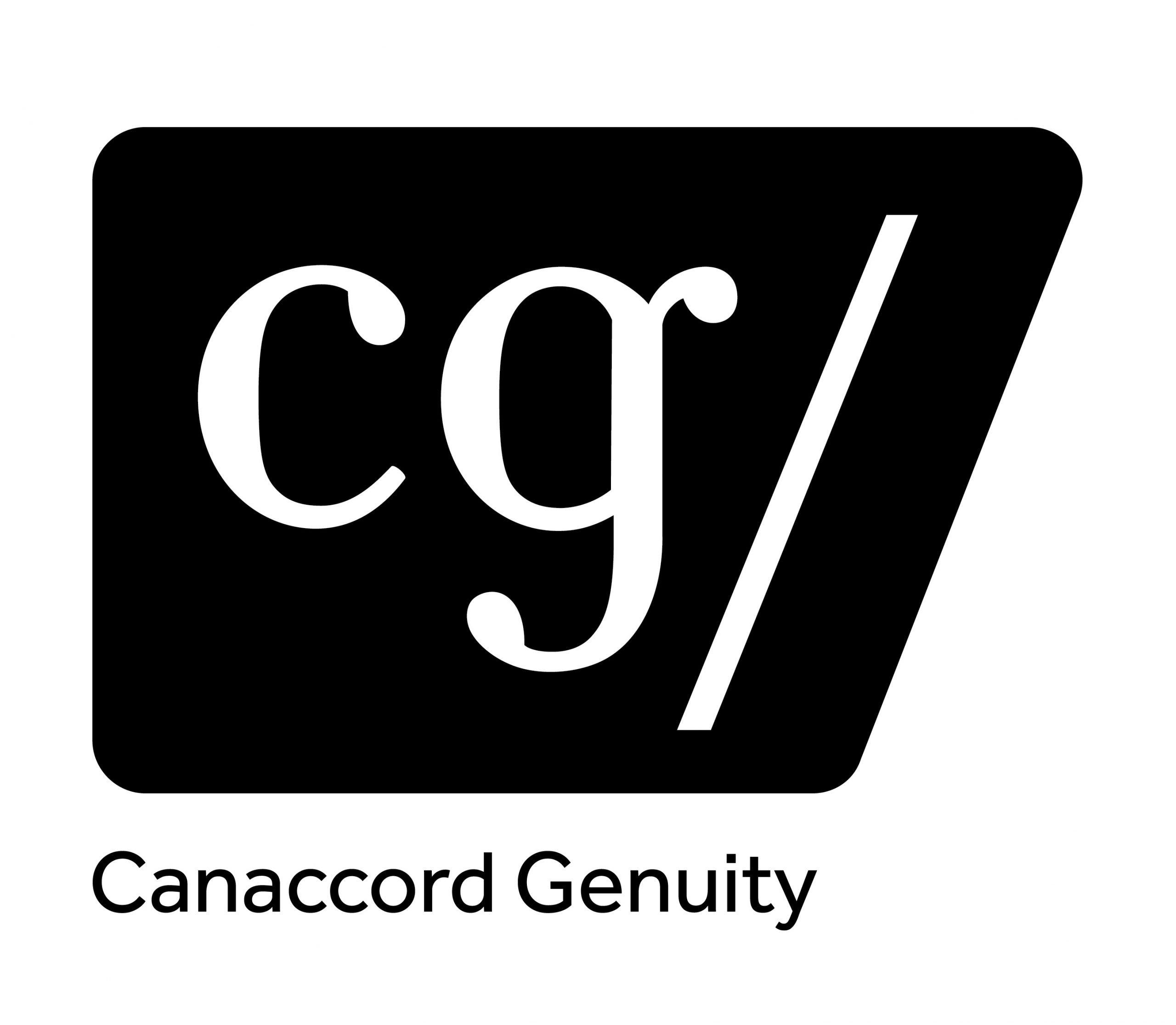

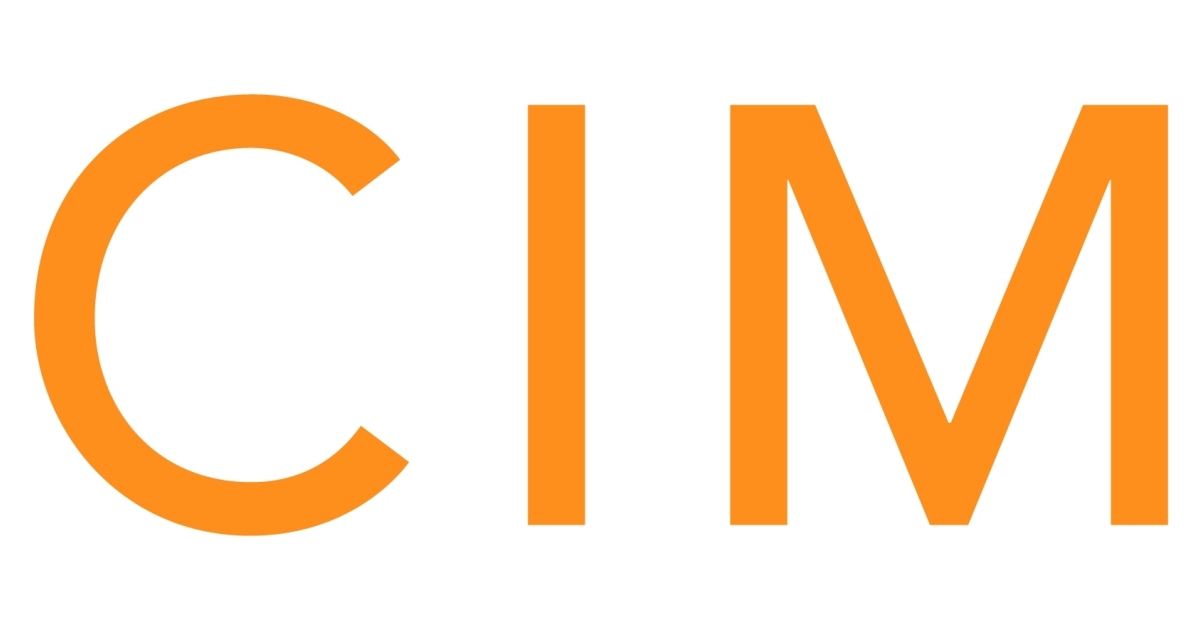
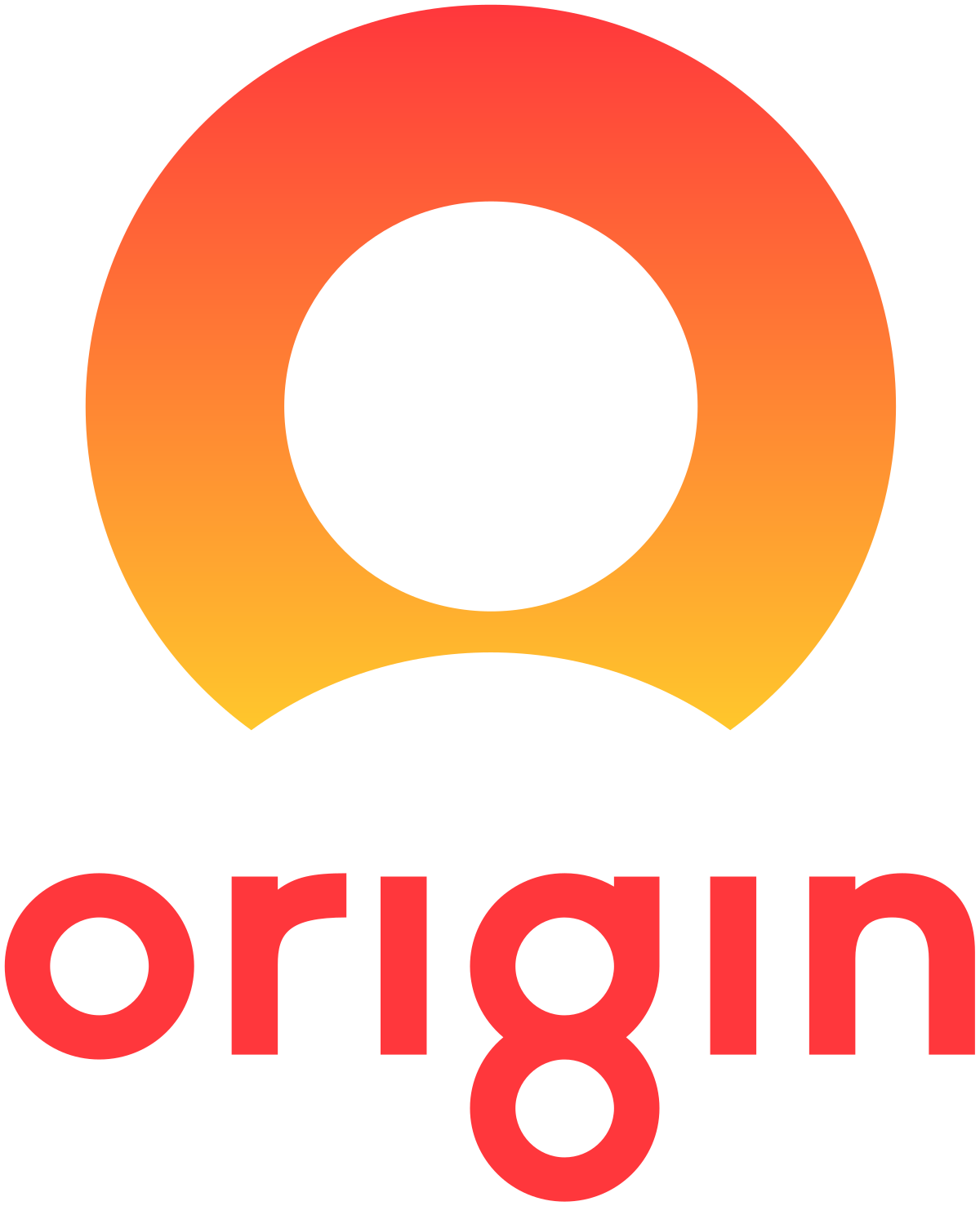

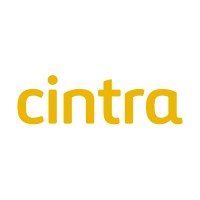
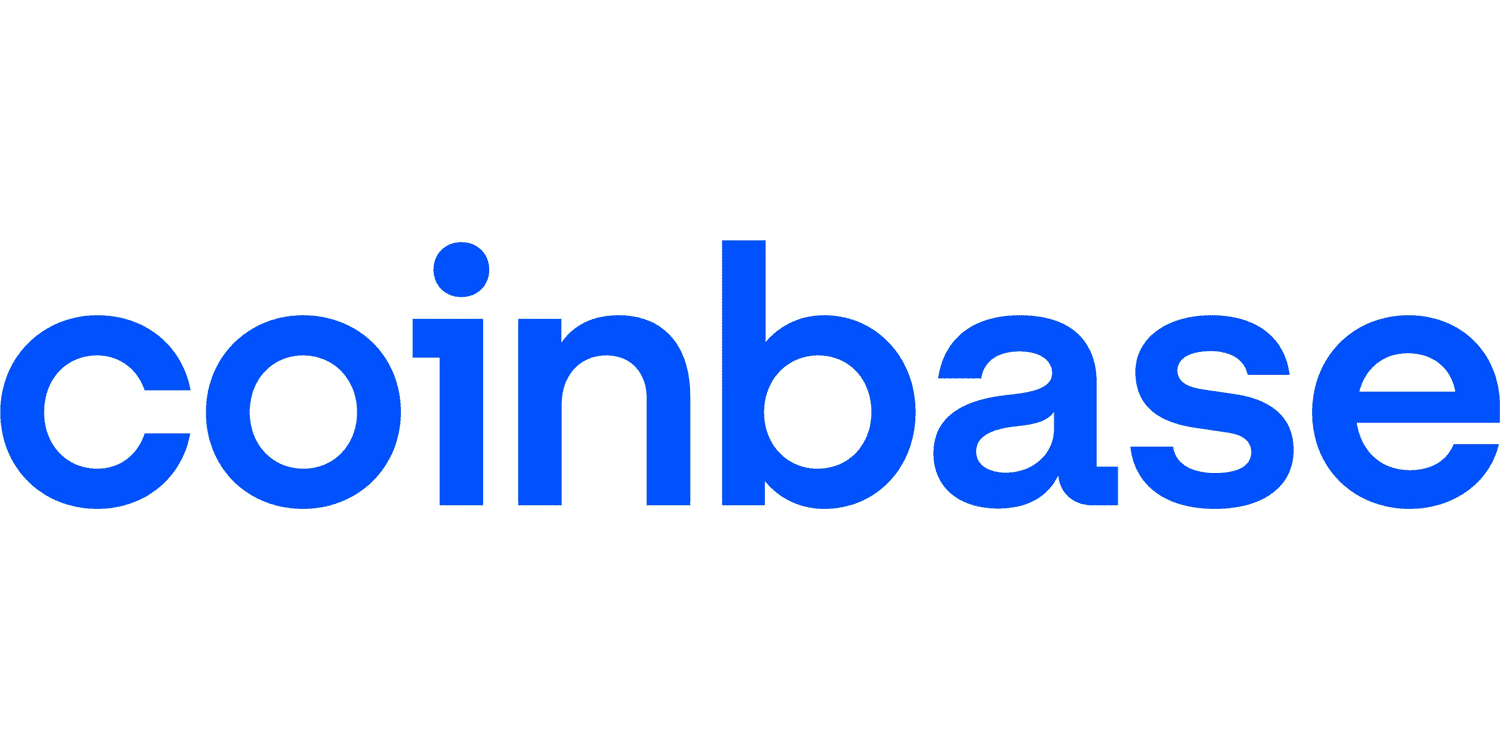
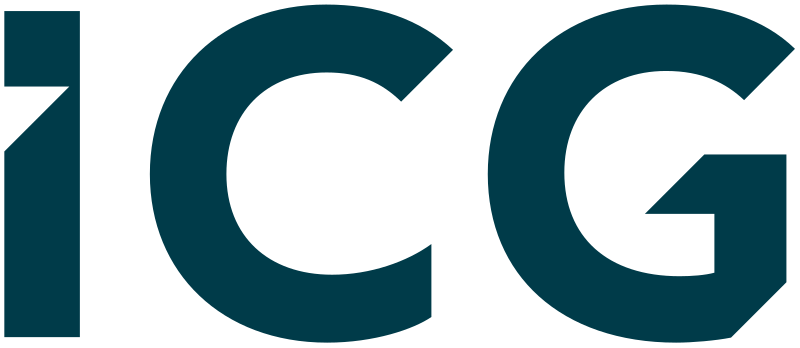
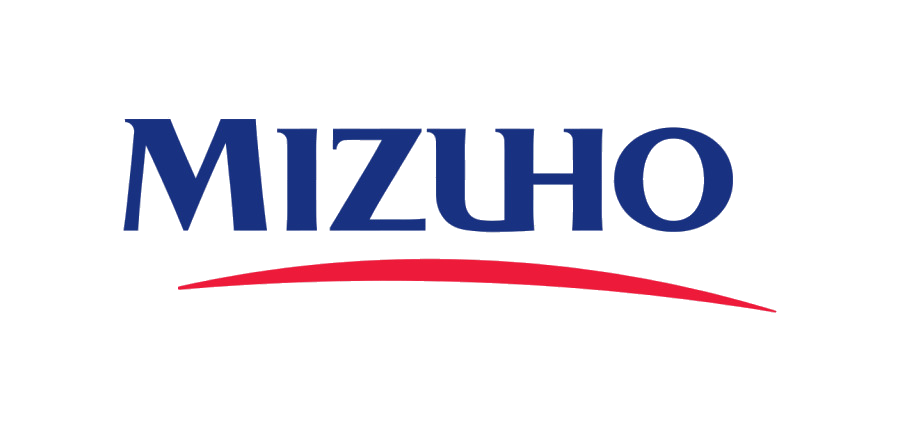
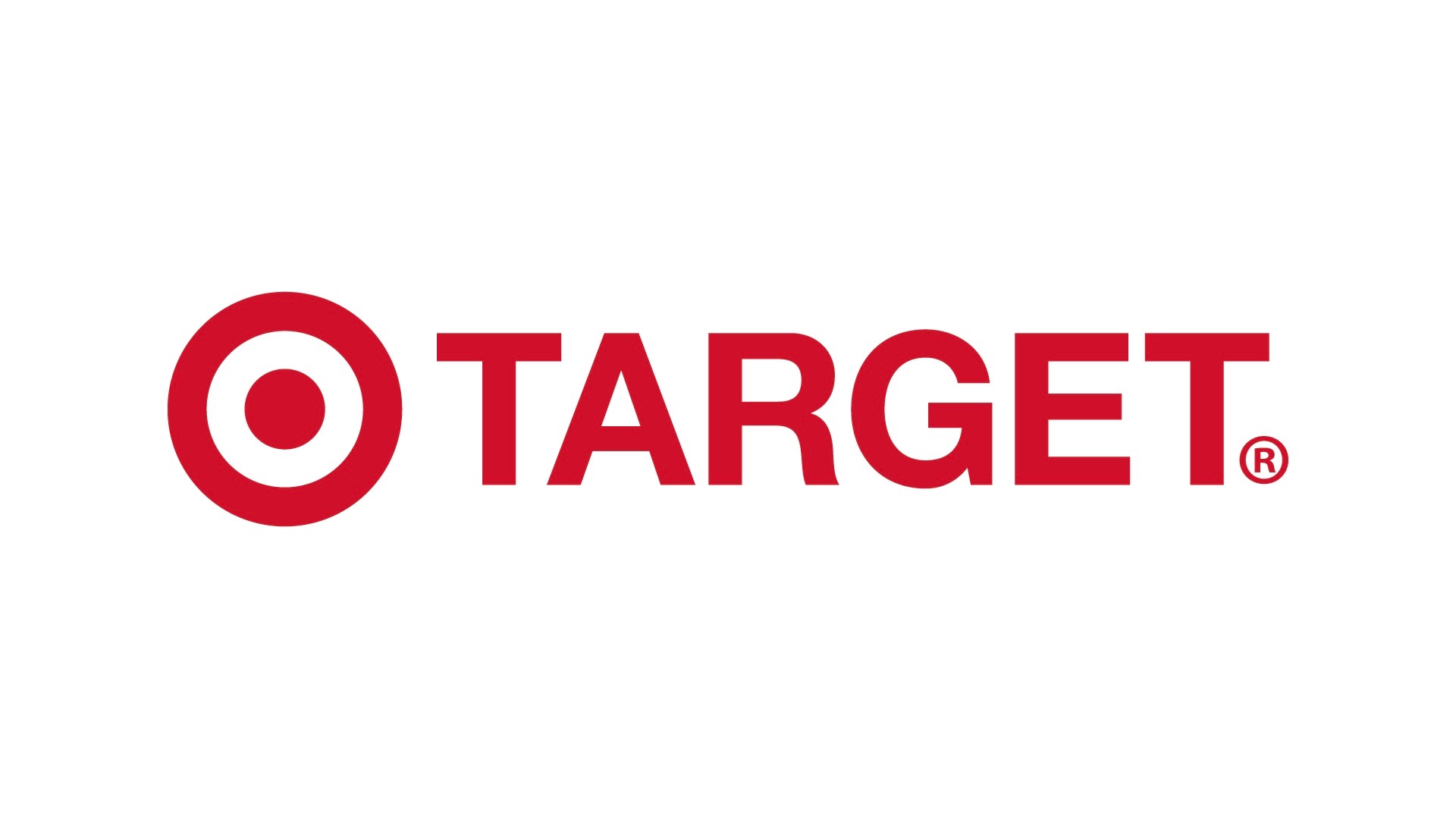
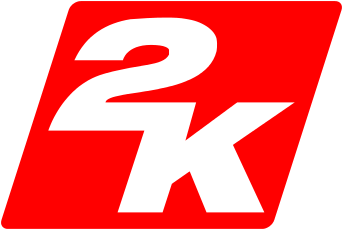

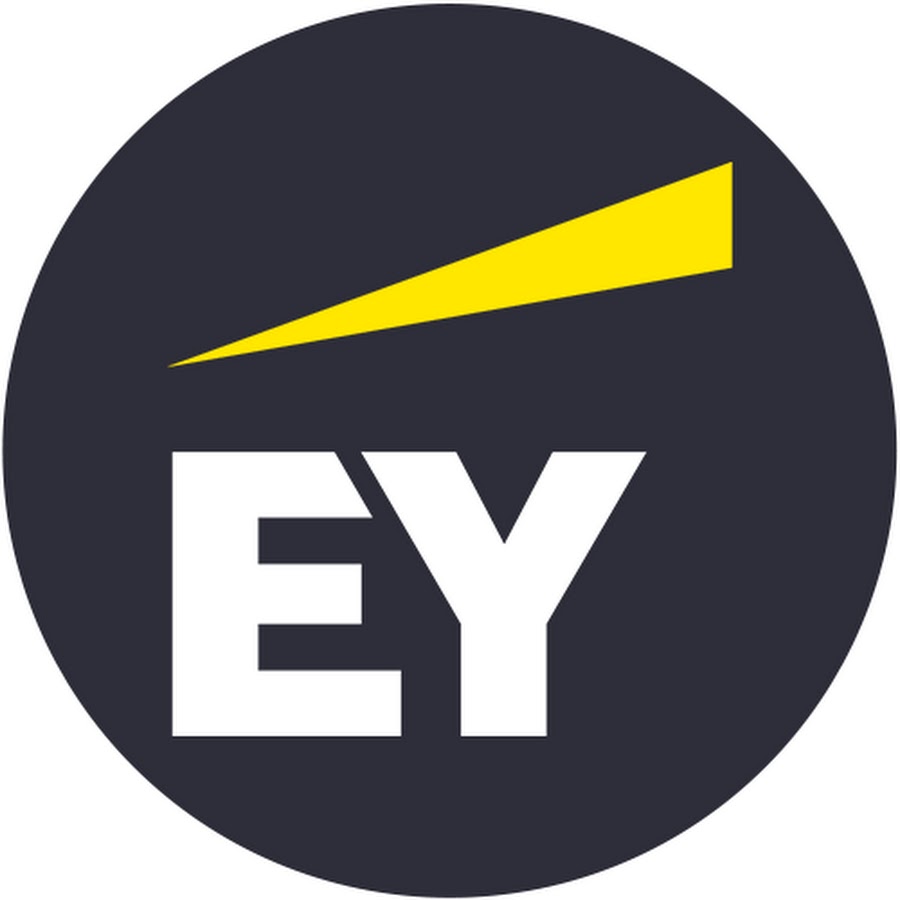

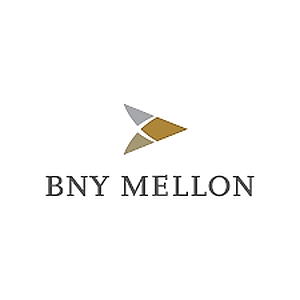

350 Questions To Transform Your Interview
Based on the experience and collection of interview questions from over 50 active Investment Banking interview formats – Finance Interview Coach’s 350 Interview Question guide is the culmination of over 14 years of interview experience. Learn the critical concepts underpinning every topic of investment banking through our 6 slide decks which cover behaviorals, accounting, enterprise value / comps, DCF, M&A, and LBO.
The most comprehensive resource on the Market
This is the most updated and best-written IB interview prep resource in the market. The author of the book, Josh Jia, has 8 years of experience in finance including investment banking and private equity and brings his industry experience, recruiting, and interview coaching to the table.
The guide also includes advanced written questions which require calculations, such as M&A, accretion/dilution, and LBO questions. No other guide includes such advanced questions.
Get access to the Full 350 Question guide and the 6 Investment Banking Slide Decks
Behavioral and Fit
Asked to determine if the candidate is able to: work under high pressure, apply high atention to detail, tell an engaging story, demonstrate high motivation, and if they have the skills to do the job.
Questions Include:
- Walk me through your resume / tell me about yourself?
- Why do you REALLY want to enter investment banking?
- What is your greatest strength?
- Tell me about a time you showed leadership.
- Tell me about a time you disagreed with somebody in your team, and how you resolved it.
- Walk me through your role on XYZ item on your resume.
- Have you ever managed a team before? What was your role and what were your greatest challenges?
- And many more!
Market Knowledge
Questions about market knowledge are frequently asked; this section covers stock pitches, market forecasts, as well as the investment banking deal process
- What do you look for in an investment?
- What makes a good investment thesis?
- What makes a good company?
- Pitch me an M&A transaction that you think should happen.
- Where is the (North American) market going in the next 6-12 months?
- Explain the stock market to a 5 year old.
- Walk me through an IPO.
- And many more!
Accounting
These questions test the candidate’s understanding of critical accounting concepts and how they impact the three financial statements
- Walk me through the 3 financial statements.
- If you could only use one financial statement, which would you use to evaluate an investment?
- What is net working capital?
- How do changes in net working capital affect the three statements?
- Why do changes in inventory affect the income statement?
- What is the difference between accrual and cash accounting?
- What are two ways the cash fl ow statement can be displayed? Which one is better?
- And many more!
Enterprise Value / Comparables Questions
These questions are asked to test the candidate’s knowledge on critical concepts such as enterprise value and relative valuation metrics
- What is the main difference between equity value and enterprise value?
- What is the formula for enterprise value?
- Why do we add back minority interest?
- Why do you subtract cash in the enterprise value equation?
- What’s the difference between market capitalization and shareholder’s equity?
- If a company has negative enterprise value, what does that mean?
- Why do companies issue preferred equity in the fi rst place?
- And many more!
Discounted Cash Flow Questions
These questions are asked to test the candidate’s knowledge on critical concepts such as enterprise value and relative valuation metrics
- What is the formula for unlevered free cash flow?
- What is the difference between unlevered and levered free cash flow?
- How do you go from unlevered free cash flow to levered free cash flow?
- What is WACC and when do we use it?
- How do you account for preferred stock in WACC?
- When would WACC be higher than the cost of equity?
- When would debt be more expensive than equity?
- And many more!
M&A Questions
These questions test the candidate’s understanding of Mergers and Acquisitions, including accretion / dilution calculations and merger models
- Why do most M&A deals fail to be accretive?
- What are some driving factors behind mergers and acquisitions? Why do mergers and acquisitions happen?
- Would a strategic acquisition or a sponsor acquisition result in a higher valuation?
- What’s the difference between a merger and an acquisition?
- Walk me through an accretion-dilution analysis / merger model.
- Are revenue synergies or cost synergies easier to predict?
- Walk me through an M&A deal on the buy-side.
- And many more!
Leveraged Buyout Questions
These questions test the candidate’s understanding of leveraged buyouts (LBOs), including LBO modelling and IRR calculations
- What makes a good LBO candidate?
- Why use debt in an LBO?
- What impacts how much debt you can raise in an LBO?
- What are the types of debt in an LBO?
- What are the 5 biggest drivers of IRR?
- Why do we not assume any exit multiple expansion in most LBO models?
- What is the circular reference in an LBO model?
- And many more!
Other Questions: IB, PE, ER / Hedge Fund
These questions test the candidate’s understanding of leveraged buyouts (LBOs), including LBO modelling and IRR calculations
- What makes a good LBO candidate?
- Why use debt in an LBO?
- What impacts how much debt you can raise in an LBO?
- What are the types of debt in an LBO?
- What are the 5 biggest drivers of IRR?
- Why do we not assume any exit multiple expansion in most LBO models?
- What is the circular reference in an LBO model?
- And many more!
350 Questions To Transform Your Interview
Based on the experience and collection of interview questions from over 50 active Investment Banking interview formats – Finance Interview Coach’s 350 Interview Question guide is the culmination of over 14 years of interview experience. Learn the critical concepts underpinning every topic of investment banking through our 6 slide decks which cover behaviorals, accounting, enterprise value / comps, DCF, M&A, and LBO.
Slide Deck 1: Behavioral and Market Questions
Slide deck 1 contains 33 slides that covers the most pertinent behavioral and market-based interview questions that potential candidates may face. This slide deck is not only an essential tool for interview preparation but also an insightful guide for understanding the nuanced expectations and challenges in the world of investment banking. Slide deck 1 equips its users with the essential and core questions that make up the base of any interview.
Slide Deck 2: Accounting Questions
Slide Deck 2 includes 27 slides, and delves into the core questions an interviewee might face with regards to financial accounting. It outlines the essentials of the three key financial statements—the income statement, balance sheet, and cash flow statement—and their interconnections. It covers accounting procedure, how the statements are intrinsically linked, and includes a series of example accounting questions with full work shown.
Slide Deck 3: Enterprise Value and Comparables Analysis
Slide deck 3 is a comprehensive 41-slide presentation on Enterprise Value, Multiples, and Valuation Procedure provides an dive into company valuation. The initial 8 slides cover the concept of Enterprise Value, detailing its components and overarching significance. This foundation paves the way for the subsequent slides, which demystify valuation multiples like P/E, EV/EBITDA, and forward vs trailing multiples. The slide deck concludes with a section on valuation procedure and as always provides example questions and answers.
Slide Deck 4: Discounted Cash Flow Analysis
Slide deck 4 is a 46-slide deck dives into Discounted Cash Flow (DCF). The first slides cover the time value of money, paving the way for understanding discounted cash flows. It goes on to tackle the most common DCF topics: discounting cash flows, Unlevered Free Cash Flow, Levered Free Cash Flow, Weighted Average Cost of Capital (WACC), Cost of Equity, Risk-Free Rate, Beta, Beta – Regression Method, Beta – Comparables, Beta – Levering and Relevering, Equity Risk Premium. The deck concludes with a segment that systematically walks through a DCF process over 22 slides. The presentation concludes with two hands-on example questions.
Slide Deck 5: Leveraged Buy-Outs
Slide Deck 5 provides an LBO Overview. It includes a deep dive into the Internal Rate of Return (IRR), and explores LBO models, detailing how returns are influenced by EBITDA expansion, debt repayment, and multiple expansion. Key criteria for an ideal LBO candidate are highlighted, supplemented by real-world LBO examples. The deck touches on LBO financing intricacies, including PIK Interest and covenants, further elaborating on the IRR and strategies to optimize it. The deck concludes with a step by step LBO model walkthrough and concludes with two example questions.
Slide Deck 6: Mergers & Acquisitions
Slide Deck 6 is a 36 slide deck that explores the topic of Mergers & Acquisitions (M&A). IT starts with the the fundamental questions: What are Mergers & Acquisitions, Types of M&As, reasons for M&A’s and the common types of transactions. The deck then elaborates on specific transaction methods, the buy-side and sell-side, financing options, and concludes with a merger model walkthrough. The slide deck also includes 5 example M&A questions and answers.
Get Started Today.
Get the 350 Question Guide and the 6 Slide Decks for only $99.
Who Wrote The Book?
Josh Jia has taught IB lectures at Princeton, Wharton, UCLA, Queen’s University, Ivey, Rotman, Schulich, Waterloo, and Laurier. Josh has coached clients all over the world, including the US, Canada, the UK, France, Spain, Italy, the Netherlands, Luxembourg, China, Hong Kong, Singapore, Japan, India, Australia, Yemen, Saudi Arabia, UAE, Nigeria, Tanzania, and Kenya. Through his efforts, he has placed 100+ candidates in finance roles.
During his time in investment banking (BMO) and private equity (Imperial Capital), Josh has accumulated significant transaction experience, including the C$300M IPO of Sleep Country, the US$156M acquisition of Atlas Paper by Resolute Forest Products, and an extensive private equity roll-up of food testing labs in the U.S. Having worked closely with the sell side and buy side alike, Josh knows exactly how to position candidates for success both for the short term and the long term, and is eager to provide coaching and share his resources in the areas of investment banking, private equity, corporate development, and other subsectors of finance.
Finance Interview Coach did a great job on my resume review. He was encouraging and offered perspective that increased my confidence with the job search. I was changing industries and was concerned I wouldn’t be able to break into investment banking, but through his encouragement and help I was able to get an investment banking analyst position within a few weeks. I received many compliments on my resume through the job search which played a huge part in me receiving the offer. I would recommend their service for any student or professional wanting to get into investment banking.
Investment Banking Analyst, Agentis (Vancouver)
I just wanted to take the time to thank and give much-deserved credit to Finance Interview Coach. My resume review could not have gone better. The coaches were thorough and asked all the right questions in order to capture all of my highlights. They took the time to fully understand my story and position it in the best way on my resume. Their knowledge of the Finance industry was evident in his suggestions which I would have never thought of. They also took the time to answer any miscellaneous questions I had in detail. The process was outstanding all around. I would definitely work with the company again and recommend this service to anyone looking to transform their resume.
Sr. Finance Manager, ABB Optical Group (Florida)
My experience with Finance Interview Coaches has been more than pleasant. The coaches were prompt, courteous and professional. They took the time to talk to me to truly understand my work experience and my skills. He reformatted my resume, condensed it down to 1 page while preserving the essence. They also helped me with my interview skills, potential areas I could improve on. I have received several interviews from high caliber organizations, and I attribute it all to their help.
Analyst (Data Performance & Risk), Alberta Teachers’ Retirement Fund Board (Edmonton)
It was 8 months before graduation that I decided to pursue a career in finance. Having worked in completely irrelevant fields, I was lost and I didn’t have any guidance or exposure to the whole finance scene and struggled in figuring out how to break into finance. I knew speaking with the coaches at Finance Interview Coach who knew the ins and outs of recruiting process was one of the things I could do, so I actively sought mentorship opportunities, and I stumbled upon a chance to speak with them. After speaking with him and doing a mock interview, I learned exactly what I lacked in, and what strengths I have, and what direction I should take on to maximize my chances of breaking into the industry. The company has been tremendously helpful with my recruiting, and offered invaluable advice that played a critical role in landing interviews with reputable firms for investment banking, equity research and private equity roles. What I really appreciated was that he was very real and gave advice that were actionable in the very limited timeframe I was given. Their coaches are currently mentoring me and I truly feel that having a mentorship opportunity with the coaches at Finance Interview Coach will help anyone aspiring to be in finance to set out a clear plan that he or she can execute on.
Private Equity Analyst, Red Oak Succession Partners (Toronto)
I had the pleasure of working with Finance Interview Coach when he conducted a resume review session with me prior to the beginning of the recruiting season. One of the things that stood out to me about the session was how thorough the coaches were with their feedback. My resume was not riddled with too many errors, but the Company provided constructive feedback for almost every line of my resume. Not only was he able to give feedback on the resume itself but also he provided his thoughts about how he felt my resume was as it relates to the roles that I intended to apply for. I’m currently in the process of recruiting and now feel more confident about my resume and have begun to receive interview opportunities for the roles that I intended to apply for.
Student, Baruch College
Finance Interview Coach recently helped me with my resume. The process began with a bunch of pertinent questions which formed a starting point for the review and then continued with revisions based on subsequent questions I had following the first draft. The resume looks significantly better than what I had before this process. I also learned that I was leaving off things that were perfectly good to be on the resume and stay there. Additionally, the coach was kind enough to take the time to answer some other questions I had, given his experience in the field. Overall, the process was seamless and informative and I highly recommend it if you are at all uncertain about your resume.
Senior Financial Analyst, Avenue M Advisors (Los Angeles)
Finance Interview Coach has the ability to hone in on specific aspects of your resume and make them shine. After a phone call and a couple pass-throughs with him, the difference in my resume is night and day. Always friendly and receptive, the Company has managed to make me impressed with my own resume. I’m heading into recruiting season more confident than ever and looking forward to staying in touch with Finance Interview Coach.
Marketing Manager, Xiaomi (Beijing)
Finance Interview Coach provided superior service in helping me revise and critique my resume. Throughout the resume review process the company provided thorough and concise feedback to ensure my resume was of the highest quality to present to employers. Overall, the resume review service offered by Finance Interview Coach was very professional and highly recommended!
Loan Associate, State Street (Boston)
From the moment Finance Interview Coach and I connected, they were very professional and quick to respond to me. The coaches offered to review my resume and give it a professional update so that I would attract more potential employers to my profile. They did a superb job with sending me a thorough questionnaire to learn more about me and my previous work experience which thus led to him generating a very polished resume for me. The process took less than a week and I was very pleased with their work. After they was done working on my resume I immediately starting filling out applications for finance positions that I was interested in. I received many call backs and in person interviews, which led me to receiving a full time job in corporate finance for a company that I love working for. I know that I wouldn’t be where I am today without his help. Thank you again to the company and I look forward to working with them in the future.
Wealth Mgmt. Branch Analyst, Morgan Stanley (Atlanta)
Finance Interview Coach was immensely helpful in getting my resume ready for my recent career search. The coaches were extremely thoughtful, attentive, and helpful throughout our interaction. With their help I have been able to secure interviews with firms that I would not have been able to prior to him helping me refine my resume.
Analyst (Originations), White Oak Global Advisors (San Francisco)
Josh greatly assisted me in preparing for my Bain, BCG and McKinsey interviews. He helped to curate interviews that developed my weaknesses and helped me to identify my strengths. His cases were through, creative and challenging. Our cases were broadly focused at first but Josh was able to identify the places I needed to improve in order to advance. Josh’s feedback was an asset to my improvement in the case interview circuit. He’s an intelligent and highly driven finance professional who greatly assisted in achieving my interview goals and I’m confident he can do the same for you.
Management Consulting Professional
Josh has been invaluable in helping me improve my financial modeling skills and sharpen my understanding of material details in private equity transactions. Josh is a great teacher and is able to effectively communicate and pass on his experience and knowledge gained as an investment banker and private equity professional. Josh does not only teach the basics but can readily break down and simplify complex industry concepts. Josh was not only great in teaching the technical aspects of the job but also helped to develop my strategy to succeed in interviews. Overall, I am Josh has been outstanding in helping me transition from a non-traditional background in corporate law to finance.
Portfolio Manager, NorthWest Healthcare Properties REIT
Joshua Jia is probably one of the most knowledgeable and hardworking professionals you will ever meet. He has immense industry experience and also significant knowledge of the finance industry in general. I have benefited immensely through Josh’s help throughout the job searching and recruiting process in the finance industry and have landed a number of sought after roles. I hope that you will be able to benefit from this as well. Josh’s help will not only open doors for now, it will also open doors for your future career opportunities. The investment is well worthwhile.
Corporate Finance Professional
Josh is a leader in interview preparation and career development. Josh was instrumental in helping me land a job at a leading global investment bank in NYC. Josh continues to be a source of guidance and mentorship as I progress through my career. I highly recommend working with Josh to secure your next job in the financial industry.
Investment Banking Analyst at Moelis (NYC)
Josh greatly assisted me in preparing for my interviews in both investment banking and corporate development. He provided me with practical, actionable advice drawn from his experience interviewing with numerous employers that helped me overcome my weaknesses, highlight my strengths and tailor my message to the employer in question. He was incredibly patient with me as I went through the interview process and was very helpful throughout. If you’re looking for someone to transform your interview skills, there is no better person than Josh.
Corporate Development Professional at Multinational Corporation
Josh has been a phenomenal mentor of mine since I was in first-year university. His extensive experience in investment banking and private equity made him the perfect interview prep coach, especially since he has gone through the recruiting process himself. In addition, he has a knack for giving intuitive explanations for financial concepts, ensuring that I fully understood the theory as opposed to simply memorizing the answers to a list of interview questions. His friendly disposition also made him a pleasure to interact with. In the end, I was able to secure an investment analyst position on the buy-side upon graduation. I definitely would not have been able to get there without his help, so many thanks to Josh for helping me jumpstart my career!
Investment Analyst at Mackenzie Investments
Josh’s personal advice were essential for me when I was looking for a job. His experiences and expertise in the finance industry allowed him to teach me some of the most practical and useful financial concepts. Moreover, Josh international experiences also helped me to explore different opportunities in regions like China and Hong Kong. Josh was very attentive throughout the whole process. He helped to improve my resume tremendously by cutting out the unnecessary materials and highlighting personal strength. Most importantly, his deep understanding of interviewers’ intentions was what really helped me. By the end of my sessions with Josh, I was not only able to receive job offers, I also gained knowledge about the industry which I believe that will able to benefit me for a lifetime.
Private Equity Associate at CCB Trust (Beijing)
Josh was incredibly helpful when it came to prepping for interviews. Whether he was giving me advice technical or behavioural questions, everything he helped me with was instrumental in helping me get a job in investment banking, and then in private equity. If your goal is to break into the industry, there’s no one I would trust more than him!
Private Equity Associate at Alignvest
Josh is a great mentor and was a crucial component of my career development early on, and the guidance he provided me on financial modeling and LBO modeling gave me a step up in both recruiting and work. He is extremely competent with regards to teaching financial concepts for individuals both new and familiar with finance, and is always happy to share honest advice. They are both genuinely care about your success and I would recommend him to anyone interested in developing the necessary skills to pursuing a career in finance early on.
Daniel Cheung, Investment Analyst at Highbridge Capital
Thanks to Josh, I landed a job at a top investment bank after my first Superday, despite having zero related experience. I first met him through group training at a target MBA program, where his expertise and excitement for coaching immediately stood out, and I decided to work with him one-on-one. His ability to simplify complex concepts was crucial to my success. During our multiple one-on-one sessions, Josh went above and beyond—dedicating time at odd hours and using a teaching style that helped me not only master the technical steps but also understand the intuition behind each answer. This personalized approach gave me the confidence to excel in my interviews. I couldn’t have done it without his commitment and patient guidance. If you’re serious about breaking into investment banking, working with Josh is a game changer.
Sophia Menick, Investment Banking Summer Associate, Lazard (NYC)
I had the pleasure of working with Josh, Stella, Dante, and Karl before my MBA Summer Associate interviews. I go to a M7 business school that has a strong reputation in finance, but still felt like I needed some additional prep because of how competitive our recruiting class for banking is. I loved how the coaches all had real life experience in investment banking or private equity, and have real experience working and recruiting at reputable firms. The coaches tailored a comprehensive training program that refined my responses to both behavioral and technical questions. Furthermore, every coach went above and beyond to check in on my progress and provide detailed written feedback on every session to prevent any redundancy across the different sessions. I felt like I was more prepared for nuanced questions than some of my MBA peers and found myself able to smoothly answer difficult conceptual questions.
I feel truly blessed to have been able to work with everyone and I strongly recommend everyone who is going through a similar process to make the same investment I did. It’s so important that you represent yourself in the best way possible to get a job that can change your life! Due to the high quality of my preparation, I was able to confidently navigate my interviews with no mistakes and ended up signing an offer to work at a NYC bulge bracket! Looking back at it, working with these coaches was one of the best investments I’ve ever made – a true no-brainer considering that interviews are some of the most important tests of one’s life! Josh, Stella, Dante, and Karl are some of the best coaches out there, and it was a true blessing to have them in my corner during recruiting.
